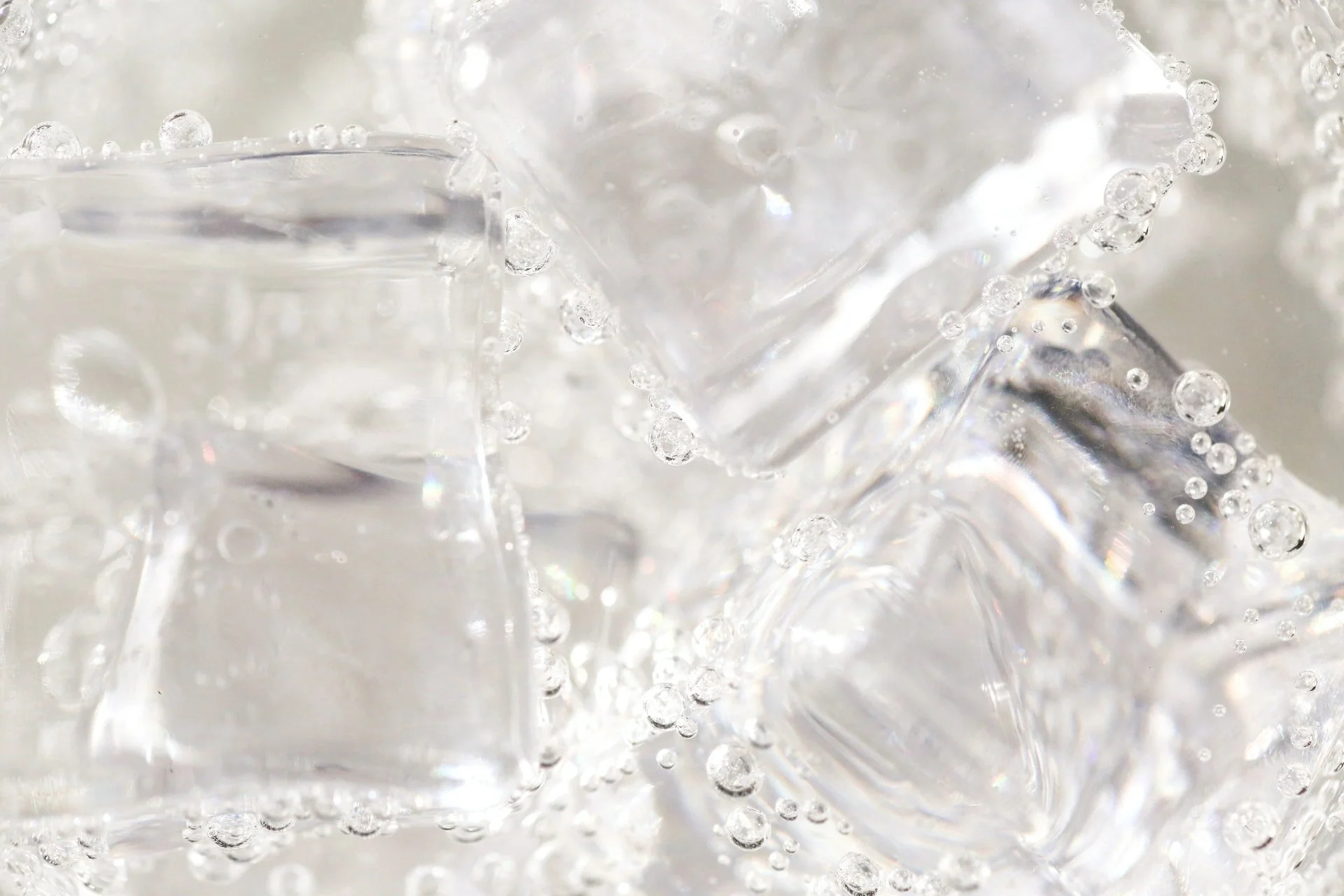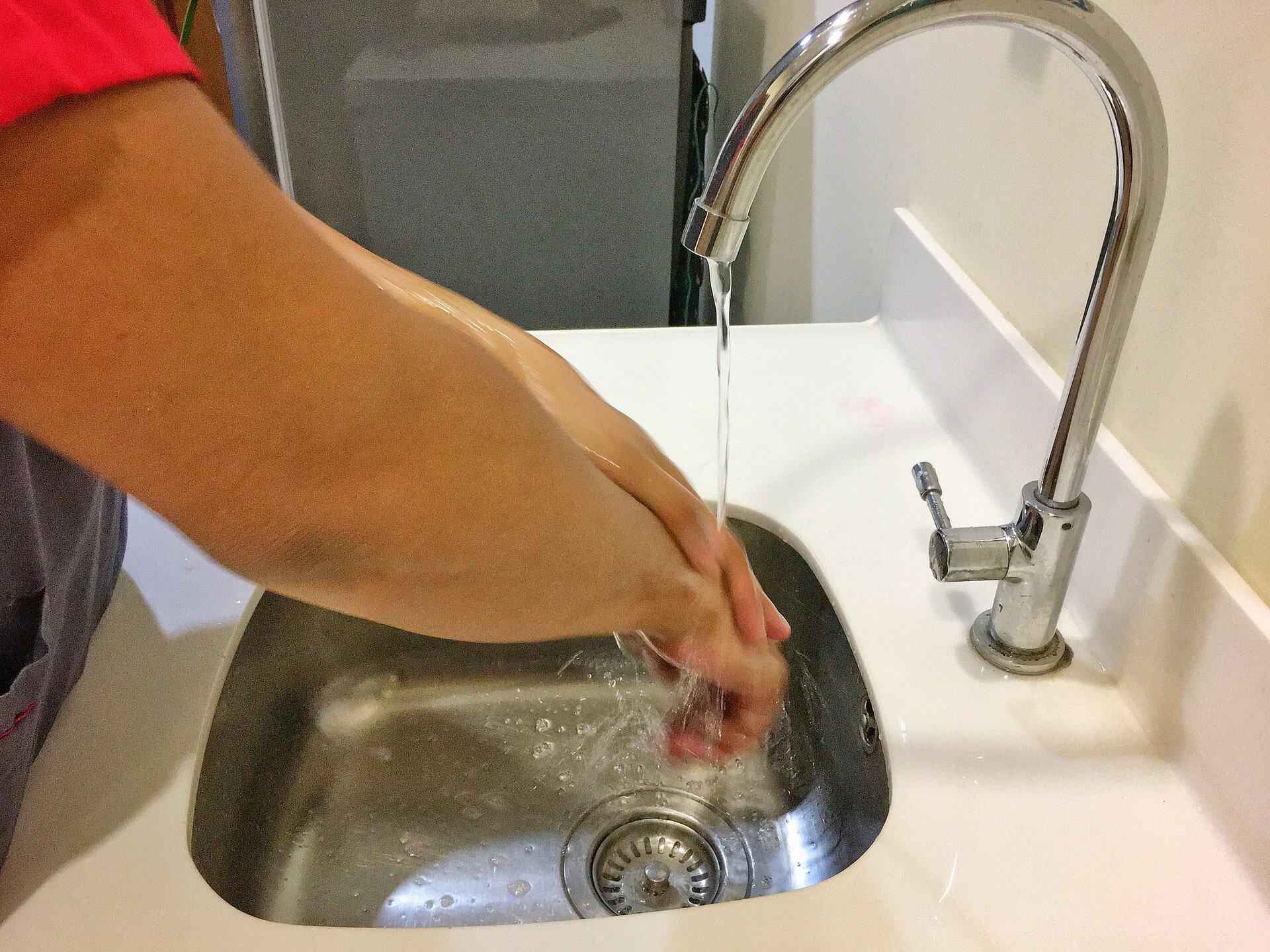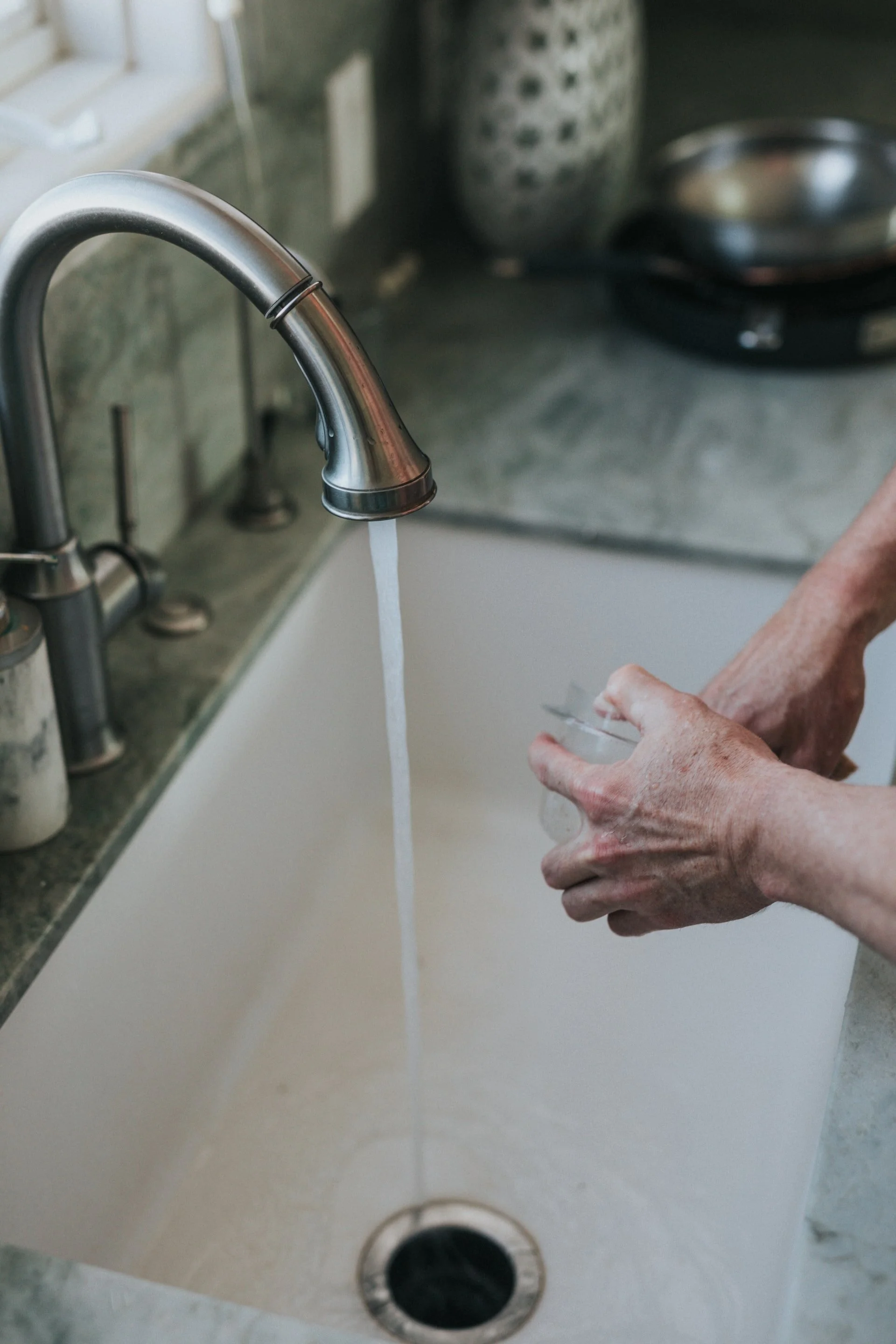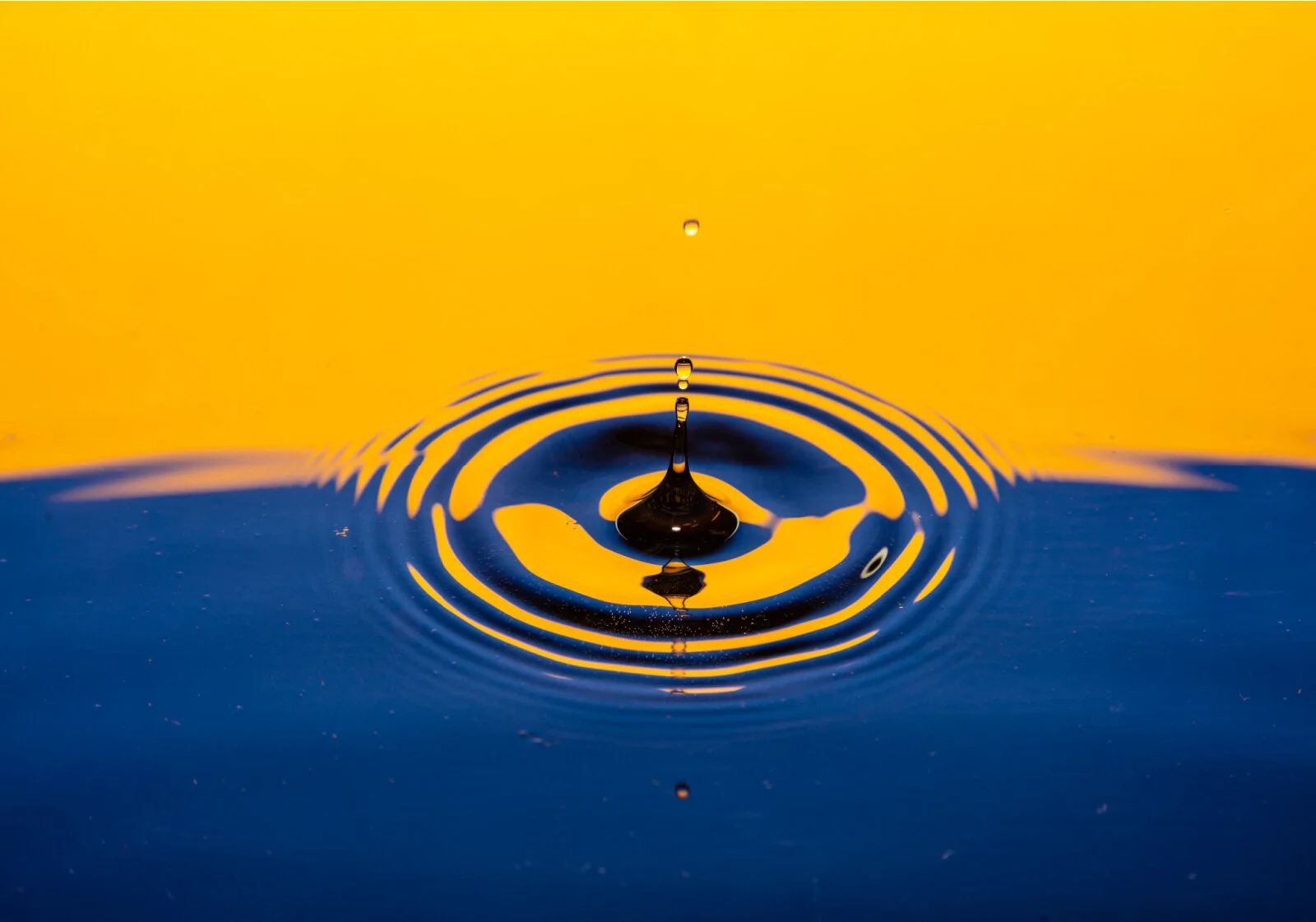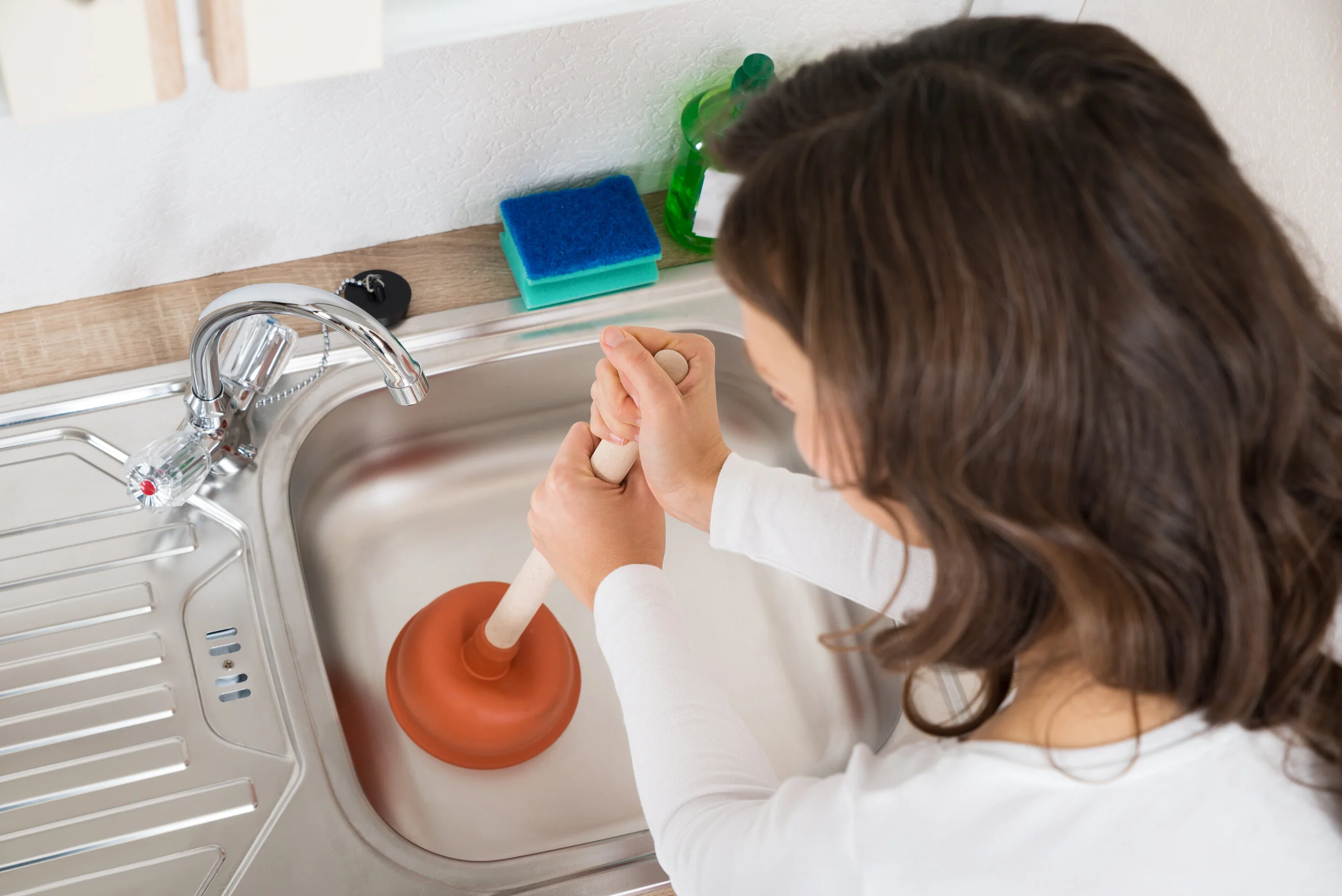There’s, unfortunately, a lot of misinformation out there, and following ill-advised suggestions could end up causing you bigger problems in the future. That’s why it’s always important to get your information from a reliable source — ideally, from your plumber.
What Causes Low Water Pressure?
How Do I Maintain a Clean and Efficient Garbage Disposal?
Why Does My Shower or Sink Drain Smell?
The Risks of Plumbing Leaks
If you have a drip coming from a pipe or faucet every two seconds, that adds up to 30 drips a minute — about 3,000 gallons a month! Depending on the rates you pay, that could be anywhere from $50 to $70 added to your water bill. That’s somewhere between $600 and $840 a year!
Is Your Sump Pump Ready for Summer Storms?
Summer is coming, and that means long hours of daylight, high temperatures, and moisture — lots and lots of moisture. And all that moisture also means rain, thunderstorms, and sometimes even hurricanes. For homeowners with a basement (and that makes up a large portion of homeowners), now is the time to make sure your sump pump is ready for summer.
The Risks of Plumbing Leaks
Plumbing Tools Every Homeowner Should Have On Hand
Tips for Conserving Water
Removing and Preventing Limescale
Limescale isn’t bad merely because it’s unsightly. When limescale builds up in your pipes, it can cause poor water pressure; in your water heater, it can mean your tank needs more energy to keep your water warm. All in all, this means your electric bill is going to be higher throughout the month. In especially bad situations, limescale can build up in your pipes to such an extent that it blocks the flow of water altogether.


